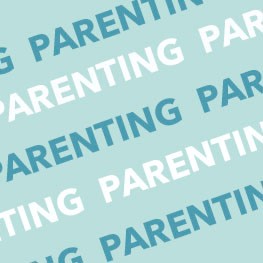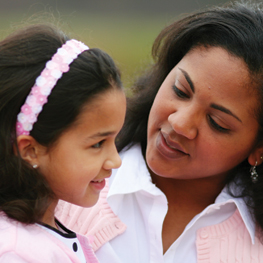


“Me do it - own!” That was the exclamation of my one-year-old as my husband tried to help him put the clean spoons back in the drawer. At the time, we thought it was cute how he was able to articulate what he wanted and so adamantly stand up for himself. Little did we know how much the intensity of that moment would permeate nearly every interaction we would have together over the next several years.

We bemoan the high divorce rate in society, but it is not all gloom and doom for kids. I am a child of divorce. I divorced myself and I facilitate co-parenting education groups for parents in conflict over separation, divorce or custody issues. Resiliency, creativity and tolerance can emerge from blending families after separation, divorce or death.

Coaxing a baby to use a spoon for the first time, teaching a kindergartener to tie a shoe or practicing parallel parking with a teen - these routine parenting tasks aren’t merely milestones for the scrapbook. They’re part of guiding a child toward independence, a process that often involves more than a few pitfalls along the way. Experts say preparing children to become happy, successful adults starts long before kids leave the nest. In fact, children start learning self-confidence and self-reliance in infancy. Here’s how to foster your child’s budding independence, starting today.

Becky’s parents divorced when she was 15 years old. Her family’s troubles and her coping mechanisms began much earlier. Kids cope with family trouble in different ways. Some kids withdraw; others act out. Becky coped through achievement.
Calgary’s Child Magazine © 2024 Calgary’s Child